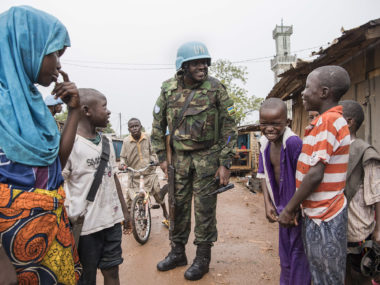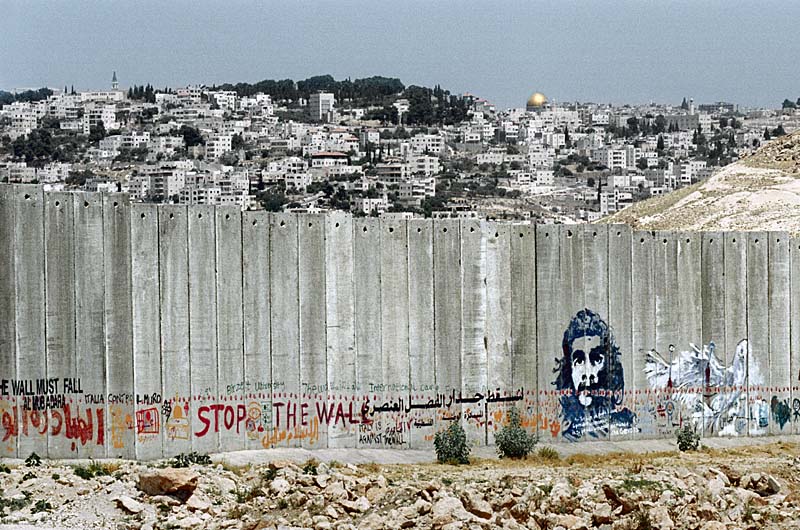Civilian protection. It’s going to be a thing. It is a thing!
I just got back from the “Surviving Violence” workshop organized by students and faculty at the Centre (not Center) for Foreign Policy Studies at Dalhousie University in Halifax, Canada. Besides suffering various Canadian mis-pronunciations of words like “about” and “process,” it was interesting to attend one of the first gatherings of this kind.
Scholars and practitioners came from around the world to discuss civilian protection and resilience from multi-disciplinary perspectives, including even the arts. The notion of “human security” has been around for a while, but the related ideas of resilience and protection remain hotly debated and are not yet mainstream. How external actors can support these goals is an even greater challenge. Hopefully, and with more events like this one, the influence of these concepts will continue to gain ground.
Some of the main takeaways:
- R2P has been hotly debated as an international norm, but its implications have not been clearly distilled for peacekeeping missions, nor for how international actors can help communities protect themselves.
- There are growing inventories of everyday strategies civilians use to make it through difficult times of conflict and post-conflict (“navigation” skills, including exchanges of resources among different individuals, negotiations with armed groups, and avoidance).
- Some survivors of civil conflict violence were present at the workshop and shared how they gained resilience through expression and processing their experiences, and were able to go on to help others.
- Former child soldiers and child refugees have unique and sophisticated strategies to adapt to their conditions and gain political access, despite often being disenfranchised in multiple ways.
Overall, we are just starting to enumerate protection strategies, let alone understand whether, how, and when these strategies work.










1 comment
Because I suppose *clears throat*…Americans have the definitive and accurate pronunciation for words like about?